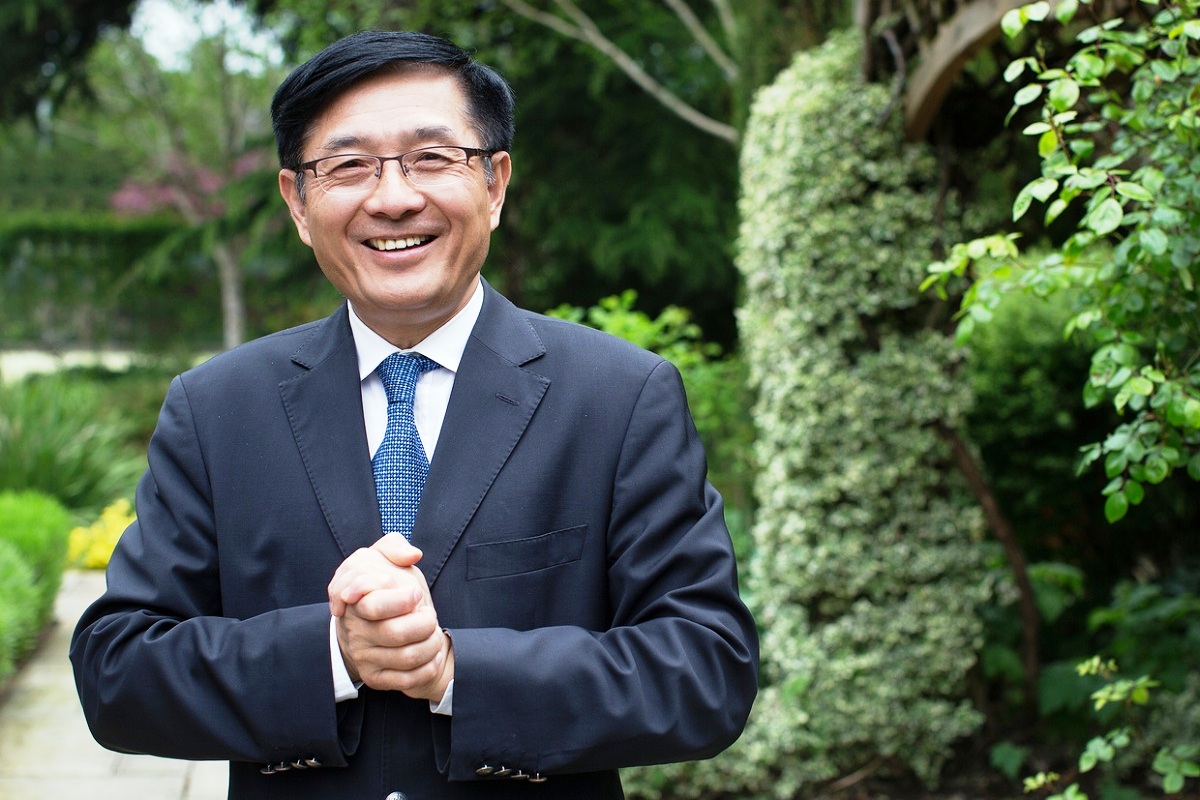This isn’t a routine diplomatic appointment, but an initiative with a pregnant connotation. President Xi Jinping’s China has named Yue Xiaoyong, a veteran diplomat with experience in the US and Middle East, as its new special envoy to Afghanistan. Whichever way international relations pan out over the next few months, it is fairly obvious that China is keen on playing a greater role in embattled Afghanistan post the US troop withdrawal.
A change in geostrategy is, therefore, almost certain. Yue will replace Liu Jian, who was appointed to the post barely a year ago. “China has always been proactively involved in and pushing for the Afghan peace process,” foreign ministry spokesman Zhao Lijian said in Beijing on Wednesday. Reports suggest that Beijing’s next man in Kabul is a seasoned diplomat who “will establish contacts with all sides as soon as possible.”
Advertisement
Yue’s CV would suggest that he is both an experienced diplomat and an academic. He stepped down as ambassador to Ireland in 2019 and had previously served as head of the political section of the Chinese embassy in Washington and as deputy director of the foreign ministry’s planning department. He was subsequently posted as the ambassador to Qatar, Jordan and Ireland, stepping down from the last role in 2019.
After leaving the diplomatic service, Yue joined Renmin University and helmed its Centre for Global Studies, which focused on China’s security and risks beyond its borders, according to the institute’s website. Theoretically, therefore, he boasts varied experience, having represented China both in Washington and the Middle East, indeed a swathe of the world that is chronically in ferment.
So too is Afghanistan as he packs his bags to take up his new assignment. Yue’s appointment signals Beijing’s willingness to become more involved in Afghanistan, according to Li Weijian, vice-president of the Chinese Association of Middle East Studies. After the withdrawal of the US, the situation in Afghanistan has become chaotic and caused concern in the international community.
Against such a backdrop, China, by sending an experienced diplomat to Afghanistan, is emitting a signal to the world that it will play a greater role on the Afghanistan issue along with the international community after the US withdrawal. There may be more follow-up actions in the future. Thus have the contours of China’s policy, post the US troop pullout, been fairly enunciated.
In Yue’s reckoning, the United States has been struggling to reduce its commitments in the Middle East without losing control over the region. Furthermore, pro-Washington powers in the region had become too reliant on the Americans, and this has made it difficult for the US to adjust its policies.
